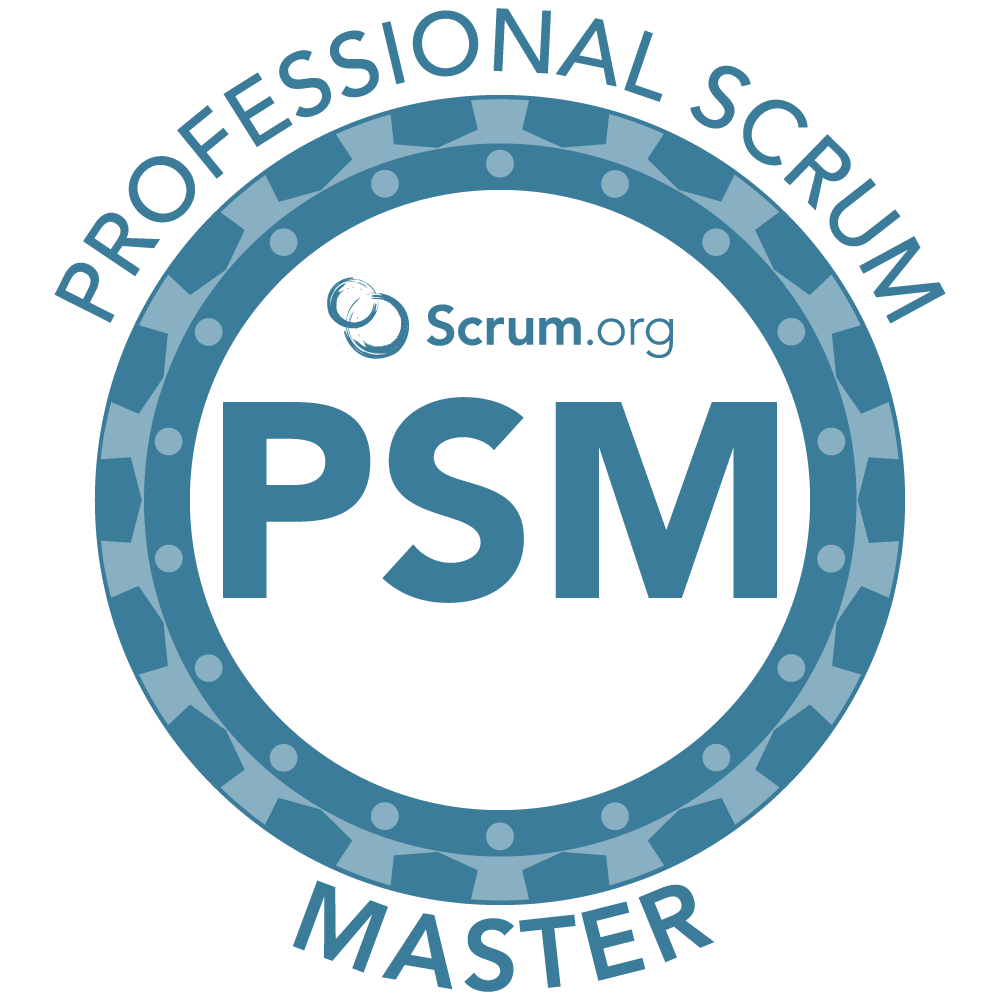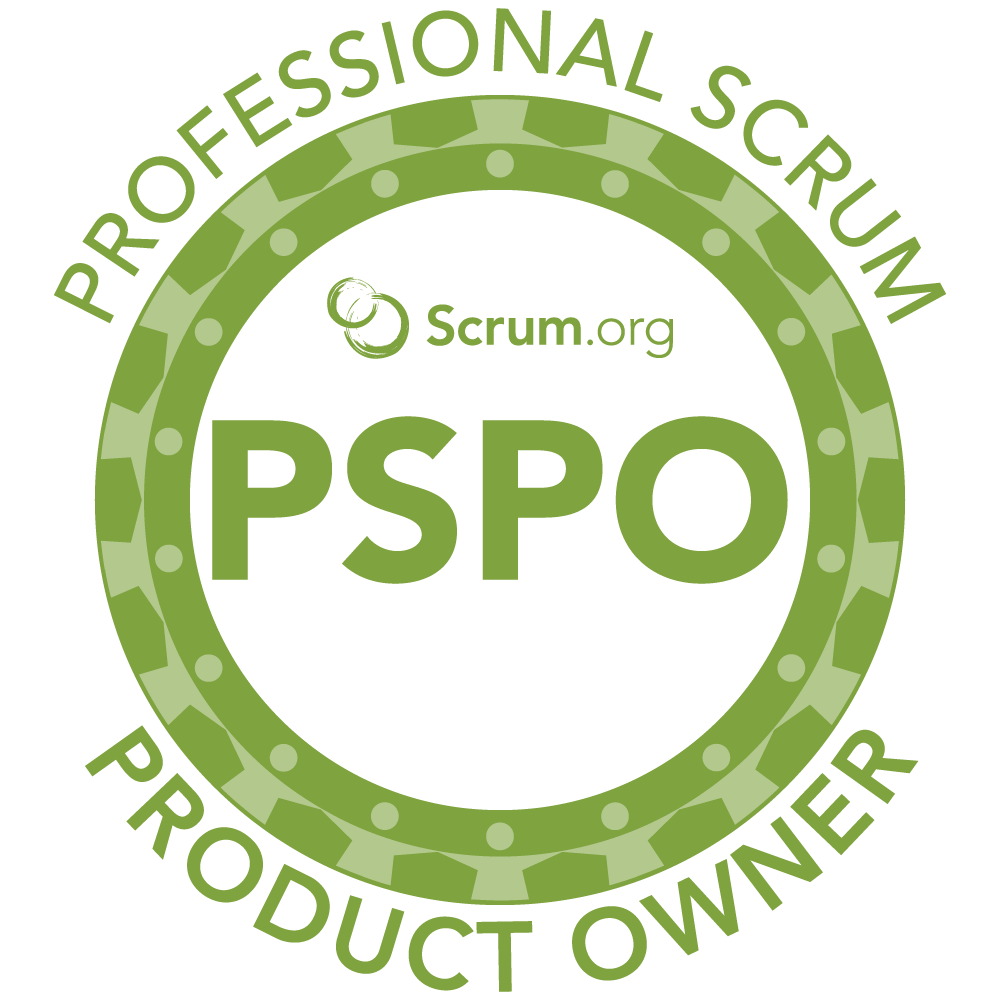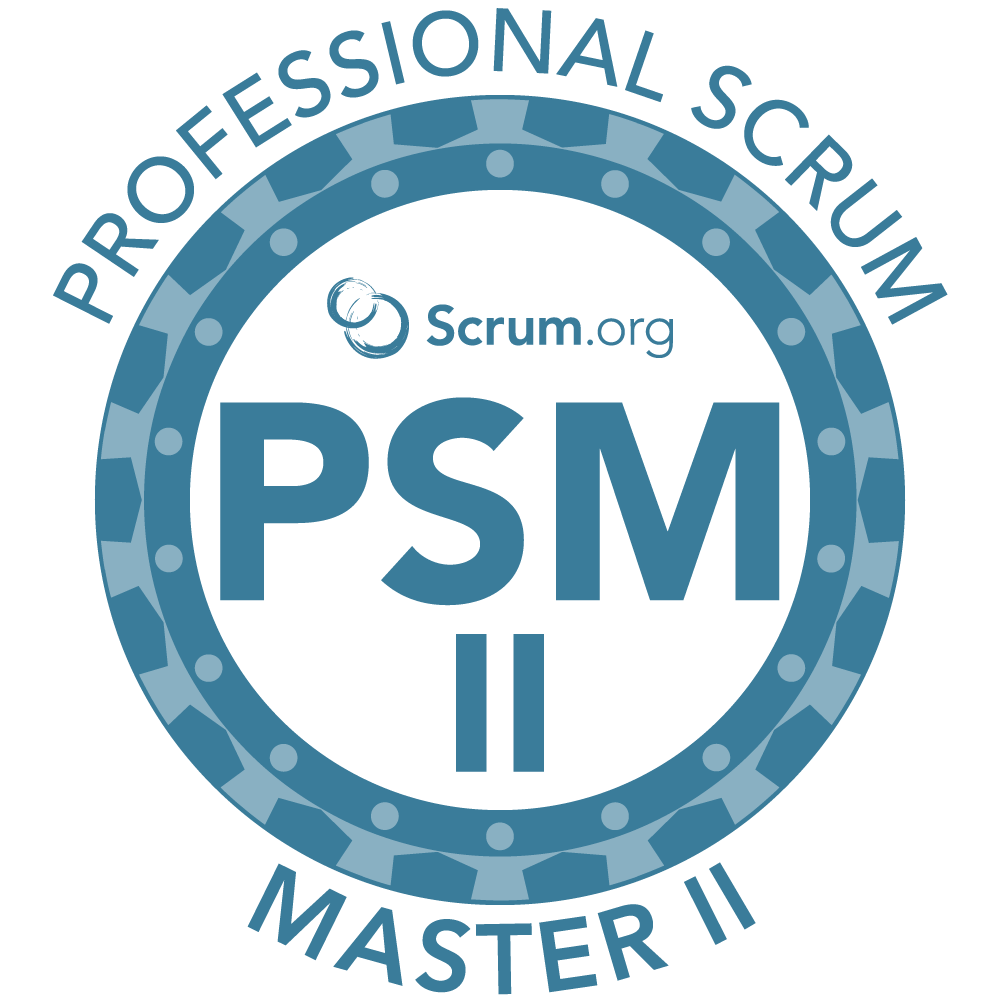
www.optilearn.co.uk
enquiries@optilearn.co.uk
optilearn_ltd
About Optilearn
Optilearn is a brand name of Shawbrook Solutions Limited and are a training and consultancy service provider to small, medium and large organisations. Our broad service offering means that we can work closely with our clients to identify exactly what they need to develop their service value and improve their business agility. Primarily, we deliver Scrum and Agile training classes, accredited by Scrum.org that will help accelerate your transition into civilian jobs.
Importantly, all of our trainers are active consultants as we believe that the best training experience is delivered by those who apply the course content day in, day out.

Training & Workshops
We offer a varied set of public classes and workshops that will help you to improve your skills.
All of our training classes are led by experienced and qualified trainers. Take your next step, today.
Training
In partnership with Scrum.org, Optilearn are one of the trusted providers part of their ‘Partner Training Network’. This means that our quality and value are among the best in the market, and you can be confident in being trained by one of our consultants. Part of holding this status is that we commit to only using Professional Scrum Masters who have been through a rigorous selection and interview process – typically spanning two years.
With respect to our training offerings, don’t choose us if you’re looking to sit back and relax. The courses and associated assessments are tough, but we’ll prepare you well. You need to be an active participant and to leave each day feeling tired but excited about what lies ahead for your practice. Our classes do not consist of a single trainer lecturing you via a remote call – it’s an immersive experience. Not a ‘Powerpoint’ in sight.
In partnership with the Forces Transition Group, we are proud to have been (and continue) serving those with military experience and relevant spouses from across the world. If you’d like references from people just like you, either take a look at our Trustpilot or email us and we can provide them.
For those who are interested in learning about Scrum, we offer three different opportunities through ELCAS (under our trading name, Shawbrook Solutions Limited). These include Professional Scrum Master I, Professional Scrum Master 11, Professional Scrum Product Owner I, and a bundle of Professional Scrum Master I and Professional Scrum Product Owner I (available on request). No knowledge of Scrum or product delivery is required for any course (apart from the level II classes). All offerings are two full days and include all relevant assessment fees.
Each offering includes:
• Attendance at a Scrum Lake workshop of your choice
• 1 hour of CV writing support or career coaching
• A welcome package of study material and gifts
• £75 / £100 of Amazon vouchers upon successfully passing the assessment
More information can be found at: optilearn.co.uk/elcas-training-packages
What is Agile and Scrum?
The Agile manifesto was created in 2001 and outlines a business mindset that embraces change and an ability to respond to uncertainty. Many organisations have, or are currently undergoing ‘Agile transformation’ which is an attempt to change their methods of operations to be better adapted to exploit the rapidly changing markets they are exposed to. Sadly, agility is often misunderstood and worse, implemented in such a way that attempts to keep the process heavy, top-down management approach but layering a veneer of agile on top. This is unclear and unhelpful to improving an organisation’s, and more importantly its employees, mindsets.
If agility is about a mindset, then Scrum is one option of how to ‘do it’ in practice. It’s an empirical process framework that provides guidance in the form of its rules, events, artefacts and accountability, but allows the people doing the work (the Scrum Team) the empowerment and impetus to continually adapt. Although there are many options to support agility, Scrum is the most common framework used to address complex problems, utilised by 77% of software teams worldwide. One thing to note though, is that although Scrum has its roots in software delivery, it is very domain agnostic, being applicable to any product delivery environment. Alongside software, there are many successful examples of Scrum in manufacturing, finance, recruitment and education.
The world needs more people who know what Agile is, and how that mindset can be exercised in practice. If you’re interested in learning how, check out our training offers.
What is the value of Scrum?
Scrum thrives in addressing complex problems. Organisations and teams who choose to use Scrum benefit from an increased focus on obtaining and acting on feedback – it’s the best way to improve. Scrum teams probe the market, sense a response, and respond to any changes identified. It sounds simple, and it is, however far too many organisations fail to understand the benefit that the people closest to the problem should be the ones to solve it.
The key benefits of using Scrum over other frameworks are:
- Quicker release of working product to users and customers – at a minimum, customers will see an increment every one month. This way, they can provide vital information to help close the value gap between current and unrealised.
- Higher quality – Developers working within a Scrum team conform to a Definition of Done. That is, a key list of qualities that the product will maintain – nothing is released or shown to users without meeting this key threshold.
- Higher productivity – Focusing on one goal at a time (the Sprint Goal), the Scrum team are able to have improved creativity and flexibility, increasing productivity. More work doesn’t always mean more value. Scrum focuses on doing what is needed and maximises the work ‘not done’.
- Lower costs – Scrum supports organisations by creating a feedback loop once a Sprint, to ensure they are only delivering what is needed and valuable. Minimising waste and maximising return on investment.
What is the job market like for Scrum Practitioners?
Quite simply, it’s booming. Developers, Scrum Master and Product Owners are in high demand and therefore commanding higher salaries to recruit and retain the best talent. Particularly for those with active or recent government clearances, you will be snapped up within a few weeks. Knowledge of how to use Scrum, even though the framework has been around over 25 years, is still needed. Requirements are outstripping demand. If you don’t believe us, simply search for ‘Scrum Master jobs’ and say ‘Woah’ as the results appear.




